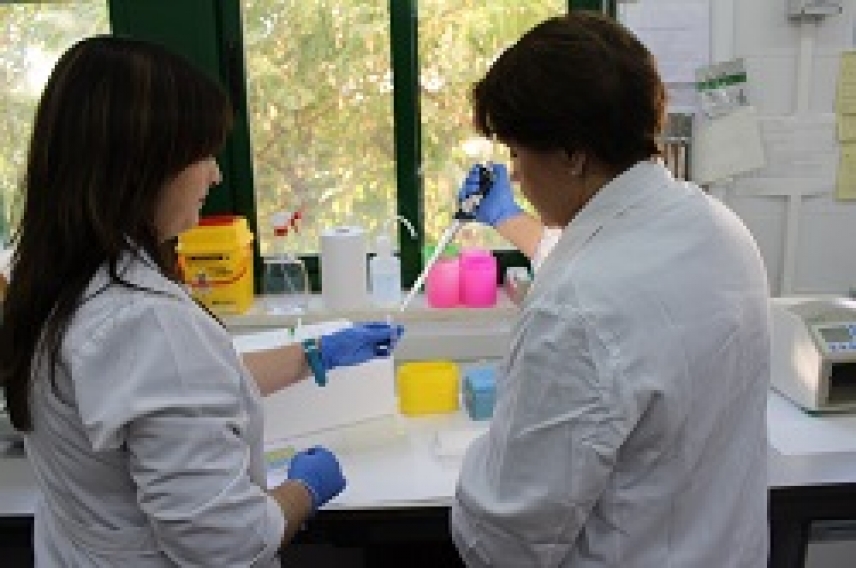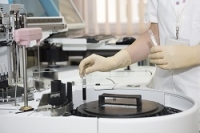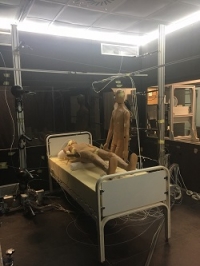Scientists at the University of Córdoba are validating a new molecular biology research technique with a rodent species that could be used as a model
Mus musculus is the most common mouse species, and the mammal most widely used in laboratory experiments, among other things because its genome and immune system are very similar to those of humans, making it a useful model.
A new technique uses wheat straw to replace plastic components in lithium batteries
Escrito por UCC+iAn UCO research group has proved that lignin could be used as an environmentally-sustainable, low-cost component in lithium batteries
Wheat straw could be turned into a component for lithium batteries, according to a study by a University of Córdoba research group coordinated by Alejandro Rodríguez Pascual, a lecturer at the Department of Inorganic Chemistry and Chemical Engineering. The team has succeeded in replacing toxic lithium-battery components by lignins, natural substances found in plant cell walls, including in wheat straw.
Scientists develop a new catalyst using glycerol produced during biodiesel manufacture
Escrito por UCC+iThe process uses a microwave heating technique
Due to its environmental benefits, the production of biodiesel as an alternative to fossil fuels has expanded exponentially over the last few years. Glycerol is among the by-products of the manufacturing process; for every ton of biodiesel produced, the process generates 100 kg of glycerol. Unfortunately, however, glycerol has few direct uses, since it contains high levels of impurities.
Diverfarming drafts the map of crop diversification in Europe
Escrito por UCC+iThe project, within the framework of the Horizon H2020 of the European Commission, has carried out a bibliographical search on the state of crop diversification in Europe.
Intercalating crops and reducing or eliminating tilling practices. That is the basis of the diversification of perennial and woody crops that predominates in Europe.
Research into a new ventilation system for reducing hospital infections
Escrito por UCC+i
The Universities of Córdoba and Valladolid are looking at different ventilation systems for hospital wards
The serious risk of infection currently faced by hospital patients is a matter of concern for the scientific community. It is estimated that 6% of patients admitted to hospital contract infections, whose treatment across Europe costs seven billion euros a year. These infections may be spread by direct contact with infected subjects, through blood, through water or through the air. Airborne hospital infections have been studied by a research group at the University of Córdoba, which has assessed the risk of airborne infection as a function of the hospital ventilation system used.
UCO coordinates a new report on the Roman roots of European civilisation
Escrito por UCC+i
A study published in the journal Andalucía en la Historia hails the Roman Empire as history’s first globalised society
What aspects of Roman civilisation still survive today? We might equally ask ‘What aspects no longer survive?, according to the findings of research by Enrique Melchor Gil, Professor of Ancient History at the University of Córdoba, focusing on Rome’s legacy to present-day civilisation.
The research results, published recently in the journal Andalucía en la Historia, show that current town planning systems, municipal life, law, art and literature are all derived from, or based on, Roman models. According to Prof. Melchor Gil, “Surviving features of Roman society are to be found equally in Andalusia, Europe and the United States”; examples include the layout of today’s cities, which follows Roman patterns, and the way we pay tribute to great men. The Roman Empire also established Europe’s first monetary union, as a means of “pursuing one of the goals of the current European Union, the creation of a single economic space”.






